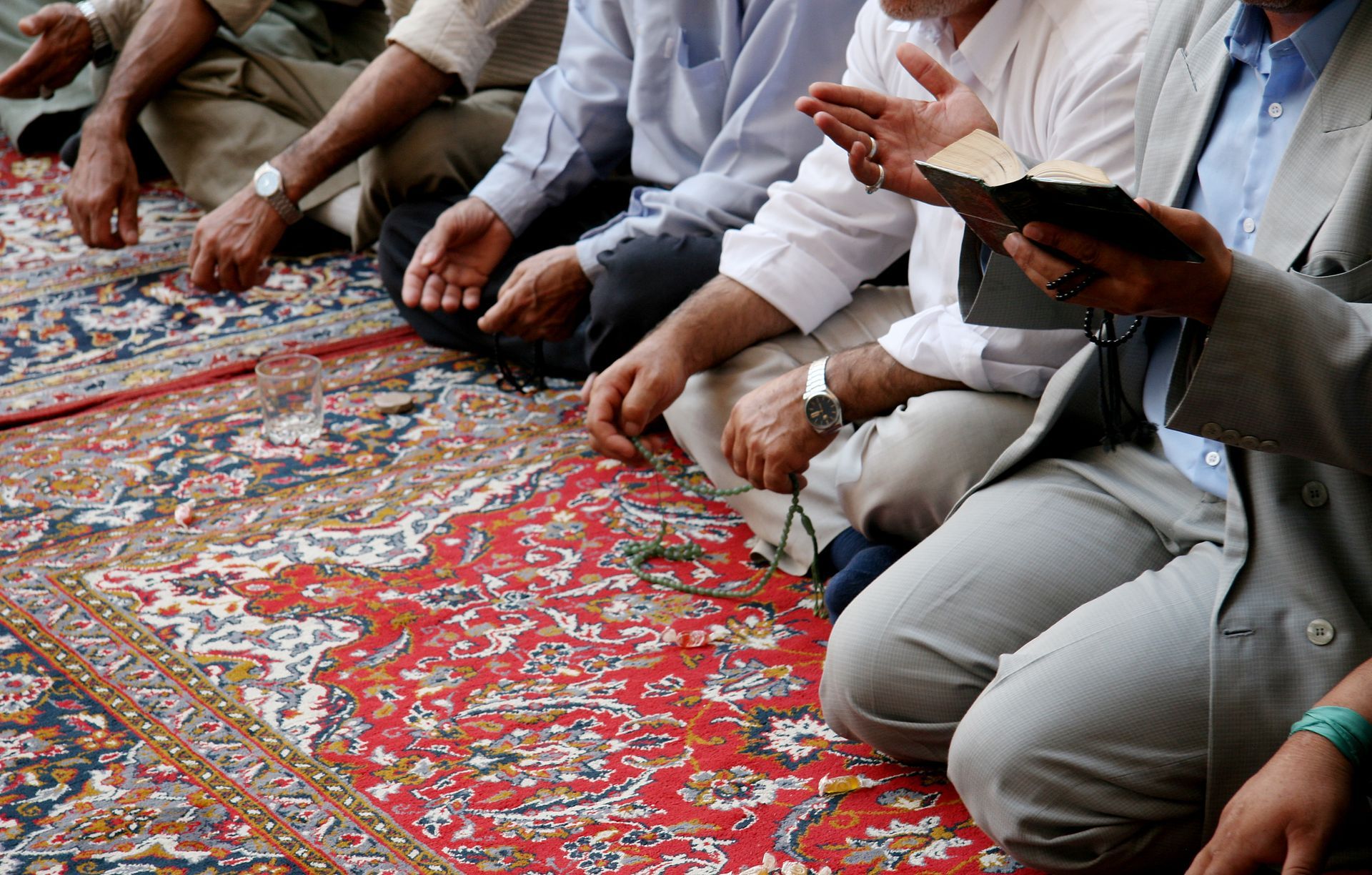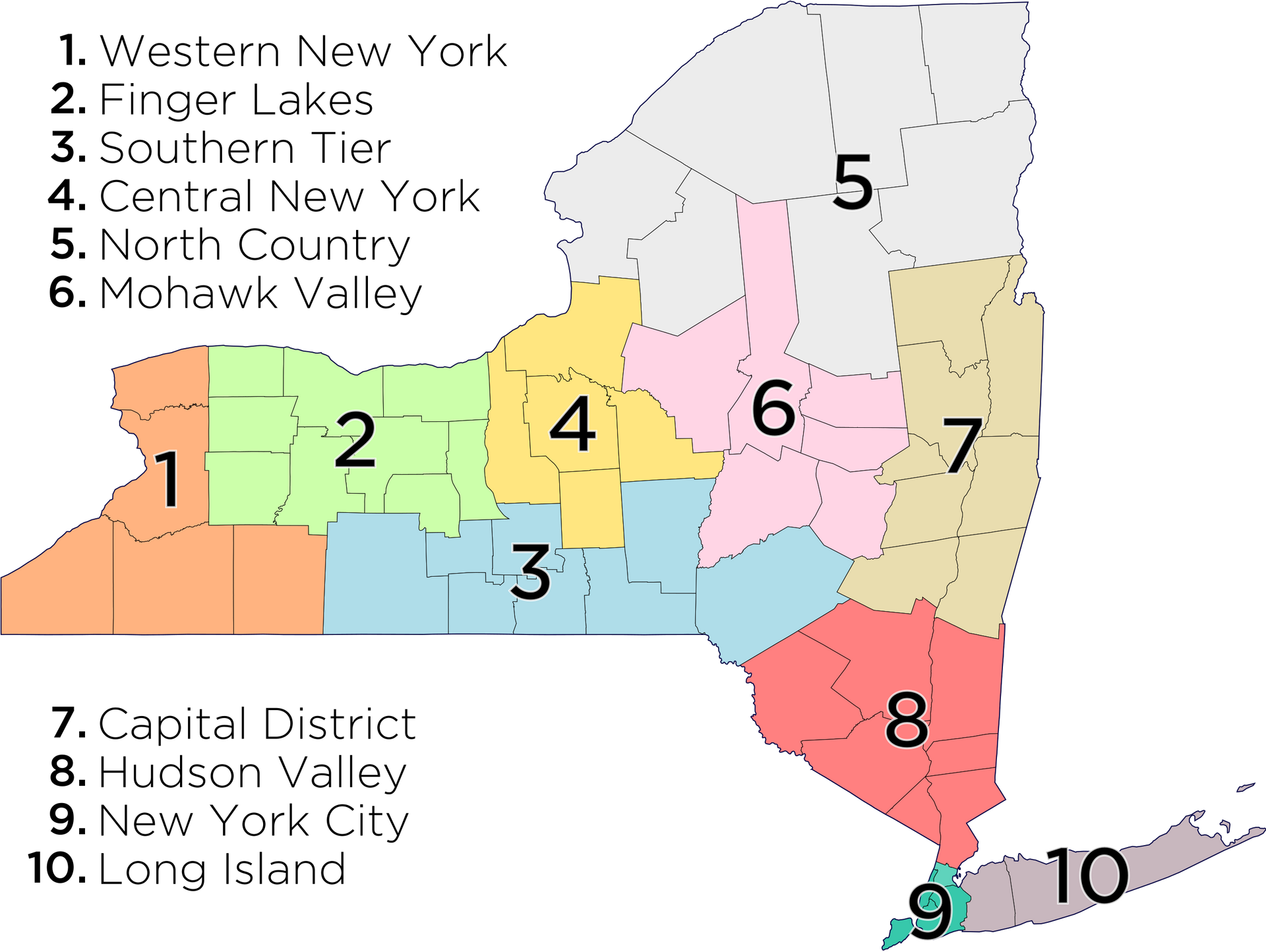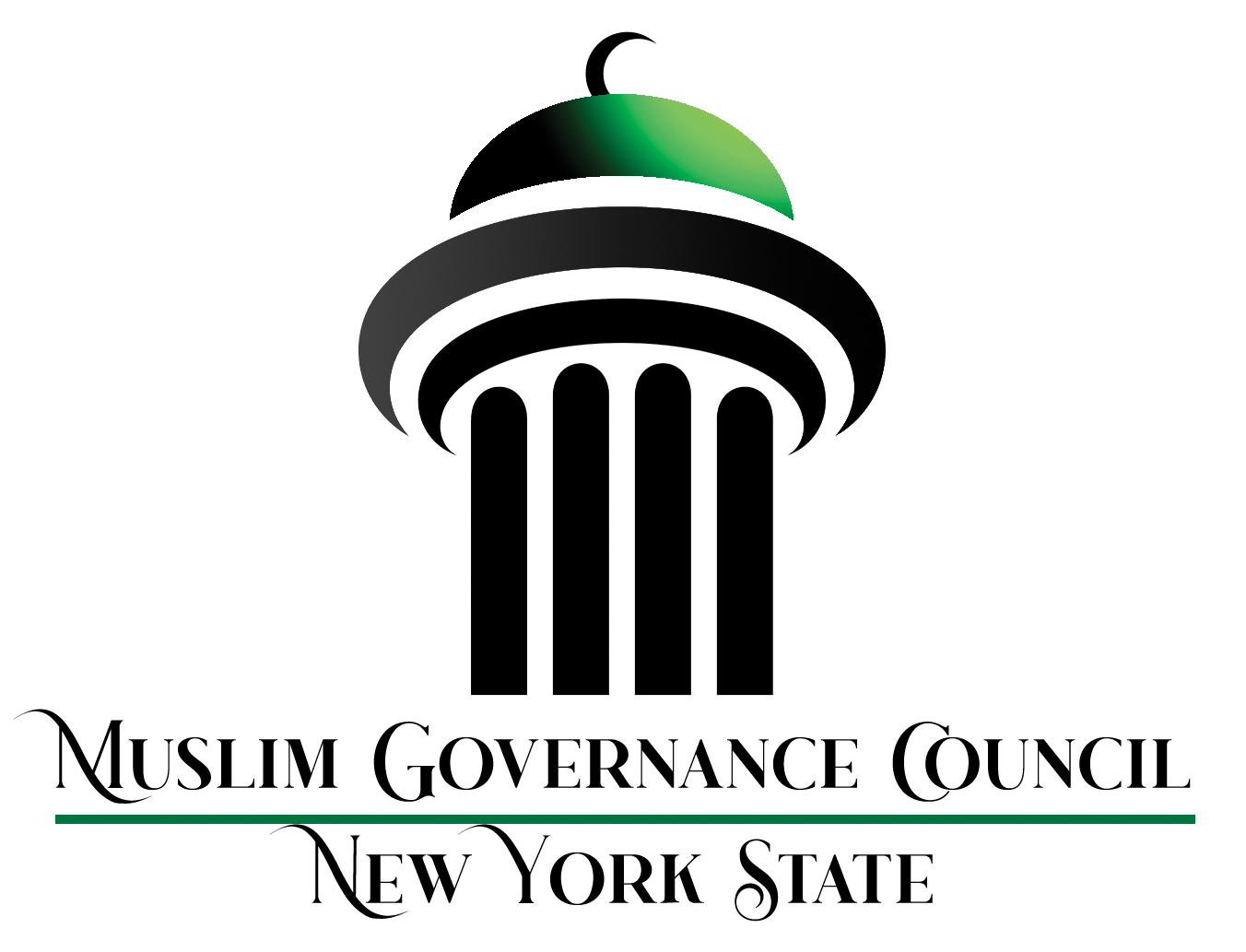5
Executive Board
The Executive Board, consisting of five key figures — the President, Vice President, and three Advisors — is the decision-making epicenter of the MGCNY. This group is responsible for setting strategic directions, overseeing the council's operations, and ensuring alignment with the council's mission and vision.
10
Regional Directors
Each of the ten Regional Directors oversees the operational and community engagement activities within their designated region of New York State. They are crucial in implementing the council's initiatives and fostering effective communication and collaboration across the regions.
62
County Representatives
Representing each of New York State's 62 counties, the County Representatives serve as the vital link between the local Muslim communities and the MGCNY. Elected by their local community, they bring grassroots concerns and insights to the council, ensuring that local voices are heard and addressed.
1M+
Community Electorate
The Community Electorate, the vibrant heart of the MGCNY, is a chorus of voices from the Muslim community, each member a vital thread in the council's democratic fabric. These members play a significant role in shaping the council's direction and policies through their electoral power, reflecting the inclusive ethos of the organization.
Sifaat wa Fada'il
Qualities & Virtues
Accountability to Allah (Taqwa)
A deep consciousness of accountability to Allah, ensuring that actions and advice are in line with Islamic ethics and principles.
Knowledge and Expertise (Ilm):
Members should possess deep Ilm (knowledge) in their respective fields, along with an understanding of Islamic principles related to their area of expertise.
Wisdom and Judgment (Hikmah):
The ability to apply knowledge judiciously and make sound decisions is crucial. Hikmah is highly valued in Islam, as it involves the wise application of Ilm.
Integrity and Trustworthiness (Amanah):
Upholding ethical standards and honesty is essential. Amanah in Islam signifies the importance of being reliable and fulfilling one’s duties faithfully.
Cultural and Religious Sensitivity:
Understanding the cultural and religious contexts, especially relevant to the Muslim community they serve, to ensure that advice is appropriate and respectful.
Collaborative Spirit (Shura):
The ability to work effectively in a team and respect diverse viewpoints. Shura, or consultation, is an Islamic principle that emphasizes collective decision-making and inclusiveness.




